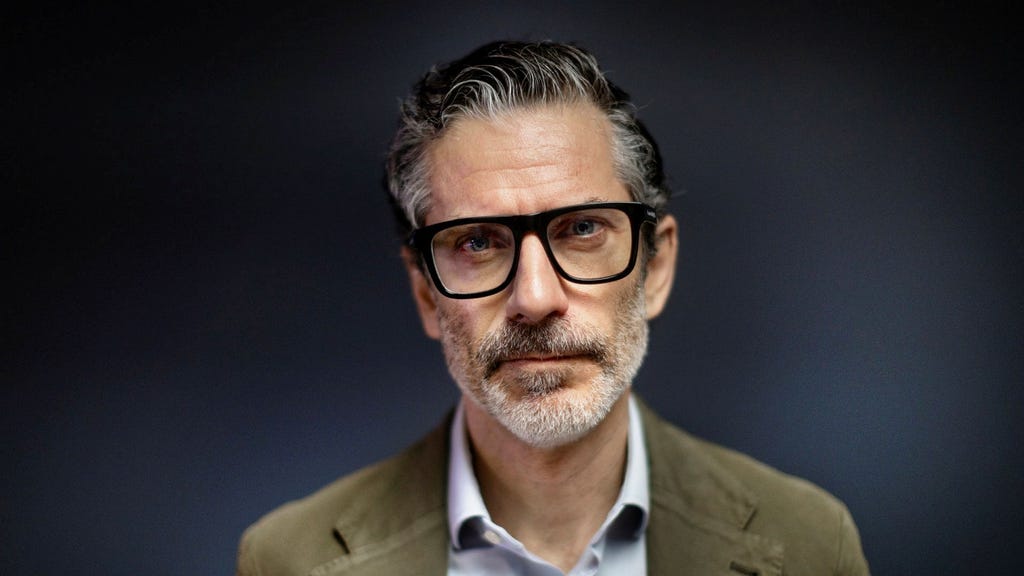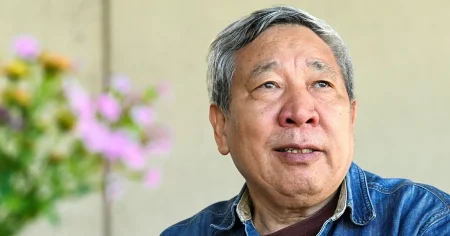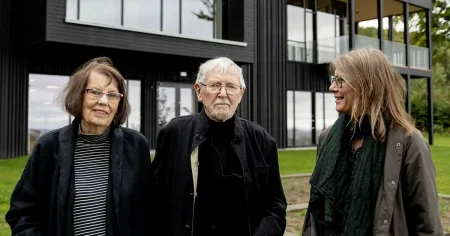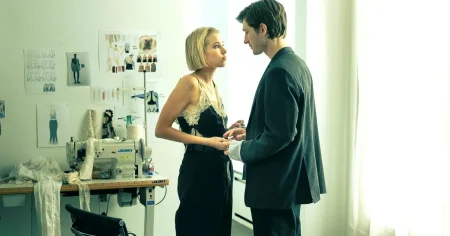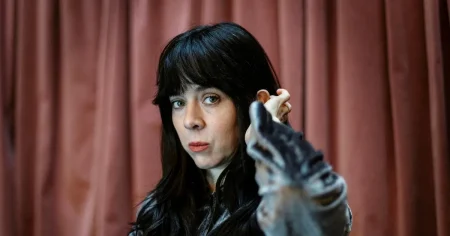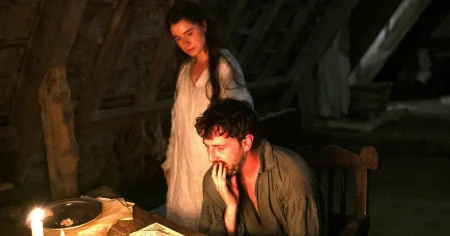The Courtroom as Society’s Stage: Jens Lapidus and the Exploration of Justice in Sweden
Jens Lapidus, a Swedish author and former criminal defense lawyer, posits that the courtroom serves as a unique stage for society, a space where individual destinies intertwine with the broader world. He argues that pivotal societal issues, from gang violence and climate activism to the #MeToo movement, eventually find their way into the courtroom, embodying themselves in the lives of real people. Lapidus, having spent countless hours in courtrooms as a clerk, lawyer, and observer, has a deep fascination with the legal system and its reflection of societal dynamics. This fascination led him to create the TV series "Rättegången" (The Trial), where he dissects high-profile criminal cases and delves into the intricacies of Swedish jurisprudence.
"Rättegången" explores six prominent cases, each chosen by Lapidus for its unique legal questions. The first episode examines the 2020 murder on Årstabron in Stockholm, where mobile phone conversations obtained through methods not yet legal in Sweden at the time played a crucial role in convicting two men. Lapidus uses this case to raise critical questions about the implications of using such evidence on legal certainty, public trust in the justice system, and the overall political landscape. The case highlights the evolving nature of law enforcement and the constant tension between security needs and individual privacy rights. Through these cases, Lapidus guides viewers through the complexities of legal proceedings, shedding light on the evolution of Swedish society and the challenges it faces.
Lapidus sheds his former role as a defense attorney to become an objective presenter and expert in "Rättegången." He aims to make complex legal proceedings accessible to the broader public, explaining all sides of each case and demystifying the court’s decisions. He believes his time away from practicing law has provided the necessary distance and objectivity to fulfill this role effectively. While no longer immersed in the daily grind of legal work, he still attends trials as an observer, often in London, where he enjoys the theatrics and skill of British barristers. He finds the formality, the wigs, and the sharp cross-examinations captivating, showcasing a different legal culture.
Beyond "Rättegången," Lapidus remains deeply engaged in the world of crime and punishment, albeit primarily through fiction. His recent novel, "Grand Final," received critical acclaim, and he has already begun work on his next book. He is also involved in producing a drama series for SVT about a law firm and has kept a watchful eye on the production of "Paradis City," a TV series based on his 2020 novel. Despite his success as a writer, he admits to occasionally missing the tangible impact of his legal work, the feeling of directly helping individuals. However, he acknowledges the changing landscape of the legal profession, with increasing safety concerns for lawyers in today’s climate.
Lapidus discusses the public’s fascination with true crime, particularly in cases like the Palme assassination, the unsolved murder of Catrine da Costa, and the Västberga helicopter robbery. He believes this fascination stems from a desire to understand a society in flux, to glimpse a past version of Sweden, and to confront the realities of the present. He notes that while gun violence was a major concern just a few years ago, the current threat of organized crime infiltrating institutions, including law enforcement and government agencies, poses a more systemic danger.
The evolving threat landscape has led to numerous legal reforms, particularly those related to police and prosecutorial powers. These changes often involve delicate balancing acts between security and individual liberties, highlighting the ongoing debate about the limits of state power in a democratic society. Lapidus notes that Sweden’s traditionally lenient penal system, especially compared to its neighbors, is undergoing significant change. He acknowledges the potential benefits of stricter sentencing in aligning with international norms and bolstering public trust in the judiciary, but he also expresses strong reservations about certain measures, like the use of anonymous witnesses, which he views as a threat to due process.
Lapidus criticizes the use of anonymous witnesses, arguing that the restrictions placed on defense attorneys in questioning such witnesses compromise their ability to effectively represent their clients and deprive the court of a complete understanding of the witness’s credibility. He extends this caution to other recent legal tools like preventive wiretapping and the use of key witnesses, advocating for trial periods and careful evaluation of their impact on fundamental rights. He hopes to raise public awareness about the functioning of the legal system, fostering greater engagement in these crucial debates. Through his television work, novels, and other creative endeavors, Lapidus continues to explore the complexities of crime, punishment, and justice, contributing to a broader societal conversation about the rule of law and its evolving role in a changing world.





